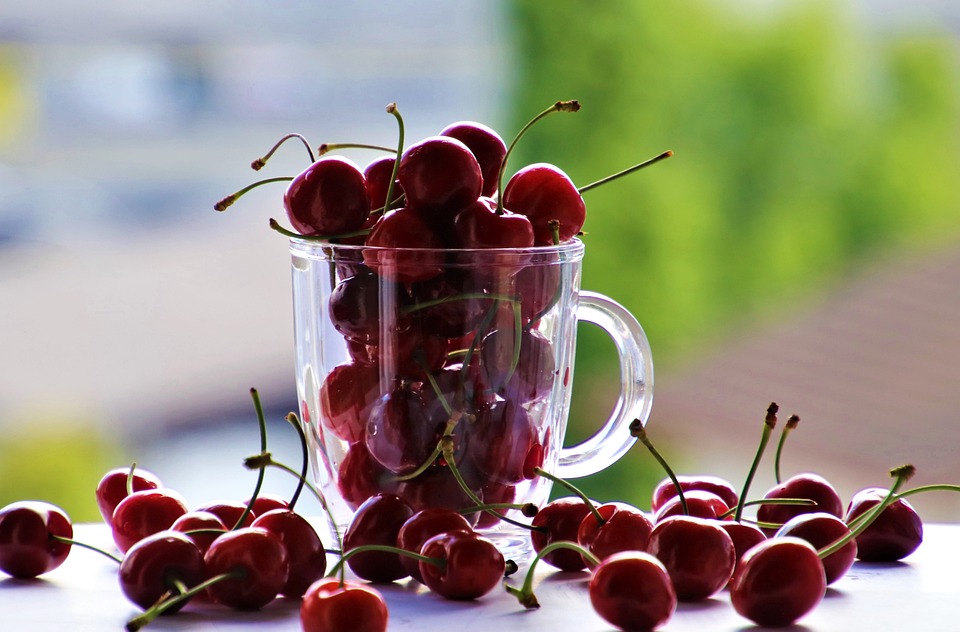We’ve all heard about the importance of maintaining a healthy diet, but for those suffering from diverticulitis, it’s crucial. Diverticulitis is a condition where small, bulging pouches form in the lining of the digestive system, causing inflammation and discomfort. The good news is that with the right diet, you can manage symptoms and prevent flare-ups. Here are some tips and tricks on how to follow a diet for diverticulitis.
1. Focus on fiber
Fiber is essential for maintaining a healthy digestive system, but it’s especially important for those with diverticulitis. Fiber helps keep stools soft and moving through the digestive system, preventing constipation and reducing pressure on the colon. Be sure to include plenty of fruits, vegetables, whole grains, and legumes in your diet. Aim for 25 to 35 grams of fiber per day.
2. Stay hydrated
Drinking plenty of water and other fluids can help prevent constipation and keep stools soft. Aim for at least eight glasses of water per day. Avoid caffeine and alcohol, as they can dehydrate the body and irritate the digestive system.
3. Avoid trigger foods
Certain foods can trigger diverticulitis symptoms, such as bloating, gas, and abdominal pain. These foods may vary from person to person, but common trigger foods include nuts, seeds, popcorn, and corn. Avoiding these foods can help prevent flare-ups.
4. Eat smaller, more frequent meals
Large meals can put pressure on the digestive system, causing discomfort and increasing the risk of flare-ups. Eating smaller, more frequent meals throughout the day can help ease symptoms and prevent discomfort.
5. Consider supplements
Sometimes it’s challenging to get enough fiber through diet alone. In that case, consider taking a fiber supplement, such as psyllium husk or methylcellulose. These supplements can help keep stools soft and moving through the digestive system.
6. Be patient
It takes time to adjust to a new diet and lifestyle. Be patient and keep track of what works for you and what doesn’t. Remember, everyone’s digestive system is different, so what works for one person may not work for another.
In conclusion, following a diet for diverticulitis can be challenging, but it’s worth it to manage symptoms and prevent flare-ups. Focus on fiber, stay hydrated, avoid trigger foods, eat smaller meals, consider supplements, and be patient. With these tips and tricks, you’ll be on your way to a healthier digestive system.




